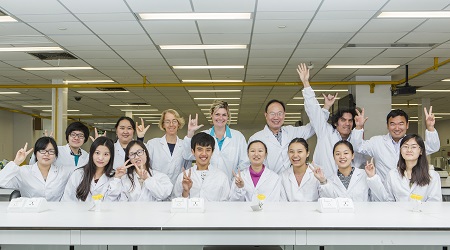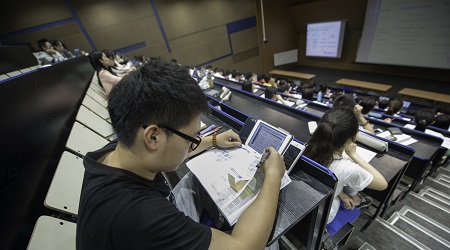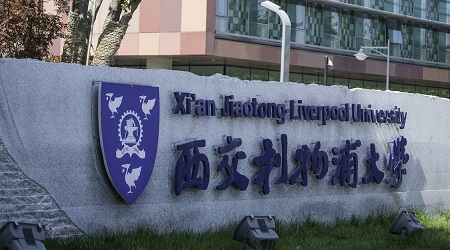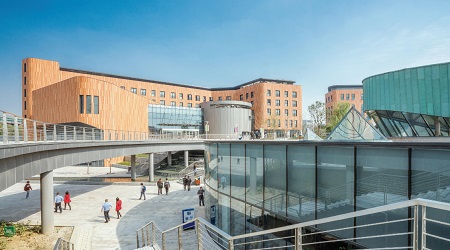Вступительные требования
YEAR ONE ENTRY
We welcome applications from high-quality candidates in all subjects with appropriate high school or equivalent qualifications. Students will normally be expected to have a high standing in their high school performance with a minimum B average in all subjects as well as relevant subjects.
YEAR TWO ENTRY
Students who have completed A-levels or International Baccalaureate (or equivalent) will be considered for entry into Year Two, different programmes have different subject-relevant requirements.
A-level: BBB
IB Diploma: 30 points
Advanced Placement Tests/Subject SATS--High school diploma with a GPA of 3.0/4.0 or above, plus:
3 SAT II Subject Test 600+ or
3 AP exams 4+ or
Either SAT I Test at 1280+ or ACT Composite Score at 27, and 2 AP exams 4+ or 2 SAT II Subject Test 600+
For international applicants, if you are a non-native English speaker, or if you have not previously studied in English, you must have satisfactory English language skills to study at XJTLU. Various English qualifications are accepted:
YEAR ONE ENTRY
IELTS: 5.0
TOEFL: 62 (iBT)
YEAR TWO ENTRY
IELTS 6.5
TOEFL: 90 (iBT)
| Форма обучен. |
Начало |
Продолж. |
Стоимость иностран. |
Период оплаты |
Академ. год |
| Дневное |
сен |
Кол-во лет: 4 |
$13000 |
Academic year |
2021 |
Mathematics underpins much of the modern world and is fundamental to science, technology, business and finance. In the BSc Applied Mathematics programme you will study essential mathematical topics as well as a range of applications. The programme emphasises versatile mathematical modelling techniques and offers a wide selection of optional modules, allowing you to follow your individual interests and career plans.
Through studying mathematics you will acquire highly flexible skills that will last a lifetime, including strong analytical abilities, problem-solving skills and an appreciation of the importance of logical reasoning. You will also develop computational proficiency and learn how mathematical modelling can be used to analyse real-world problems. These skills are vital to many industries and are highly sought-after by employers.








